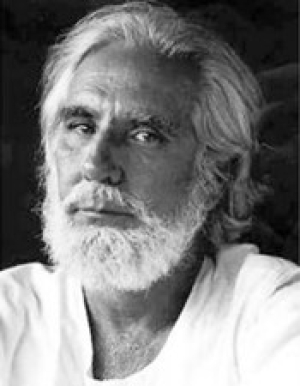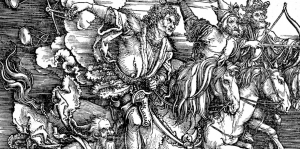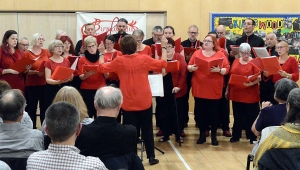
'I’m a Marxist who believes in God': Ernesto Cardenal, 1925-2020
Since the rise of early capitalism, the quest of working people for liberation, equality and peace for all – not only for the evolving bourgeois class – has been frequently been framed in religious terms. Translations of the Bible from Latin into the vernacular languages certainly played a role in the understanding that the earth was made ‘a common treasury for all’, as Gerrard Winstanley (1609-1676) of the Diggers proclaimed following the early bourgeois revolution in England.
This thinking had been well prepared by English clergyman and leader of the Peasants’ Revolt, John Ball (1338-1381), Jan Hus in Bohemia (c. 1369-1414), and Thomas Müntzer (c. 1489-1525) fearless leader of the peasant war in Germany, to name just three of the early theologians.
In England, the Ranters and Seekers articulated their revolutionary objectives in religious terms – as did the poet and engraver William Blake a century and a half later. And of course this hasn’t stopped. The Churches have often been the defenders of the rich against the poor, they have taken sides even for war; they have often interpreted the Bible to serve the interests of the rich and powerful. But there have also often been the courageous exceptions – sometimes movements – for a complete democratisation of the Christian Churches and an understanding of the Bible that emphasises the equality of all humankind, a desire to create a Jerusalem for all on Earth and not merely as a promise in Heaven.
The twentieth century also brought forth such theologians, especially liberation theologians and priests in Latin America who highlighted and struggled against “sinful” capitalist exploitation, frequently setting up communities not unlike those of the Diggers.
Famous among these revolutionary priests is Ernesto Cardenal (1925-2020), Nicaraguan Catholic priest and poet, lifelong left-wing activist, Marxist and active supporter of the Sandinista revolution. He was suspended by the pope, Saint John Paul II, in 1984 for breaking canon law by taking a public office as Minister of Culture, the day the Sandinistas triumphed on 19 July 1979, an office he held until 1987. Pope Francis restored priestly faculties to him in 2019, shortly before Cardenal’s death.
Ernesto Cardenal made his close relationship with Marxism clear on many occasions throughout his life. In 1984, for example, he stated:
Christ led me to Karl Marx, I don’t think the Pope [John Paul II] understands Marxism. For me, the four Gospels are all equally Communist. I’m a Marxist who believes in God, follows Christ, and is a revolutionary for the sake of his kingdom.
And in 2015, aged 90, nothing had changed as far as he was concerned. In an interview with the New York Times, he declared:
I am a revolutionary. Revolutionary means that I want to change the world.......The Bible is full of revolutions. The prophets are people with a message of revolution. Jesus of Nazareth takes the revolutionary message of the prophets. And we also will continue trying to change the world and make revolution. Those revolutions failed, but others will come.
At the start of 2023, we honour Ernesto Cardenal and the revolutionary movement he stood for, his pledge for peace, by reading his Psalm 5:
Give ear to my words, O Lord
Hearken unto my moaning
Pay heed to my protest
For you are not a God friendly to dictators
neither are you a partisan of their politics
Nor are you influenced by their propaganda
Neither are you in league with the gangster
There is no sincerity in their speeches
nor in their press releases
They speak of peace in their speeches
while they increase their war production
They speak of peace at Peace Conferences
and secretly prepare for war
Their lying radios roar into the night
Their desks are strewn with criminal intentions and sinister reports
But you will deliver me from their plans
They speak through the mouth of the submachine gun
Their flashing tongues are bayonets…
Punish them, O Lord,
thwart them in their policies
confuse their memorandums
obstruct their programs
At the hour of Alarm
you shall be with me
you shall be my refuge on the day of the Bomb
To them who believe not in the lies of their commercial messages
nor in their publicity campaigns nor in their political campaigns
you will give your blessing
With love do you encompass them
As with armour-plated tanks.
Translated by Robert Marquez



